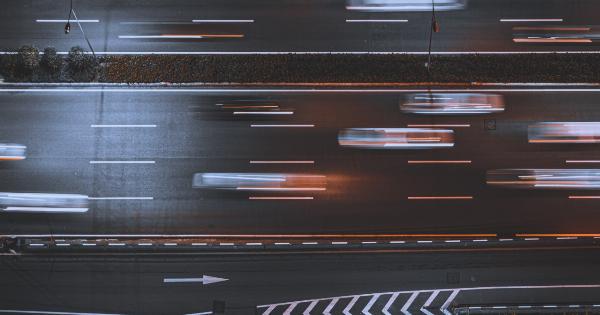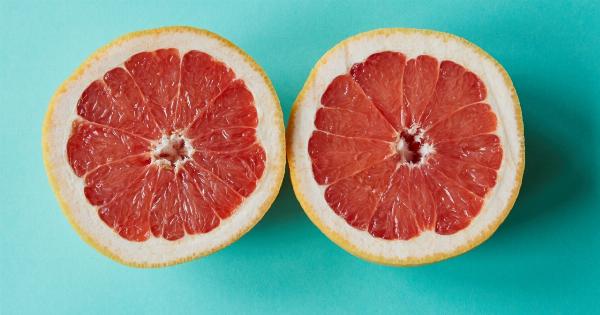Kidney stones are a common issue among individuals, and dealing with them can be a daunting task.
Regardless of whether you have had them previously, or in the event that you have never had them, there are new preventive measures that you can take to stay away from kidney stones. This article explains the causes, symptoms, and management of kidney stones with the latest prevention guidelines.
What are Kidney Stones?
Kidney stones are hard, rock-like formations that grow in your kidneys, which are situated in your lower back. The stones can be as tiny as small grains of sand or as large as a golf ball.
Passing stones can be agonizingly uncomfortable and harm within your body.
Causes of Kidney Stones
Kidney stones can be caused by several factors. The primary reason behind most stone development is when your urine has a high level of particular minerals, including calcium, oxalate, and phosphate.
One of the most well-known causes of kidney stones is lacking water intake. Another critical element that can cause kidney stones is having a family history of stones, suggesting a genetic component involved.
Symptoms of Kidney Stones
The most common symptom of a kidney stone is pain. The pain can start suddenly and then become excruciatingly unbearable. The pain can often start from your back and sides, head towards your groin, and generally feel like a sharp, stabbing pain.
Other symptoms to look out for include a feeling of needing to pee more frequently, nausea, and vomiting. Blood in the urine is also another common sign that you could have a kidney stone.
Managing Kidney Stones
The best way to manage kidney stones is to prevent their formation in the first place. If you have had kidney stones before, or if you are at high risk of developing kidney stones, there are specific measures that you can take, including:.
1. Increase Your Water Intake
Water is essential in preventing kidney stones, and you should try to drink at least eight glasses of water a day. Water dilutes the minerals in the urine, which helps reduce the risk of stones forming.
2. Limit Your Salt and Animal Protein Intake
Reducing your salt and animal protein intake helps reduce the concentration of minerals in your urine that can contribute to stone development. High salt intake can also lead to an increase in urine calcium, making it prone to forming stones. .
3. Get Enough Calcium from Your Diet
Having too little calcium in your diet increases your risk of kidney stones. Foods rich in calcium, such as milk, yogurt, and cheese, help reduce the amount of oxalate in the body. .
4. Reduce Your Oxalate-rich Foods Intake
Oxalate is a mineral found in many kinds of food, and it can be a key player in kidney stone development.
If you have had calcium oxalate stones in the past, it is essential to reduce your intake of oxalate-rich foods such as spinach, chocolate, and rhubarb.
5. Medication
In some instances, medication can be used to help reduce the risk of stone formation. Medications help to lower urine calcium and prevent crystal formation. They are often prescribed to patients who have previously had stones.
Conclusion
In conclusion, kidney stones are a painful reality that affects many people worldwide. However, with the proper preventive measures, their formation can be significantly reduced.
By drinking enough water, reducing salt and animal protein intake, maintaining healthy calcium levels, reducing oxalate-rich foods, and getting the right medication, you can help yourself stay free of kidney stones.






























